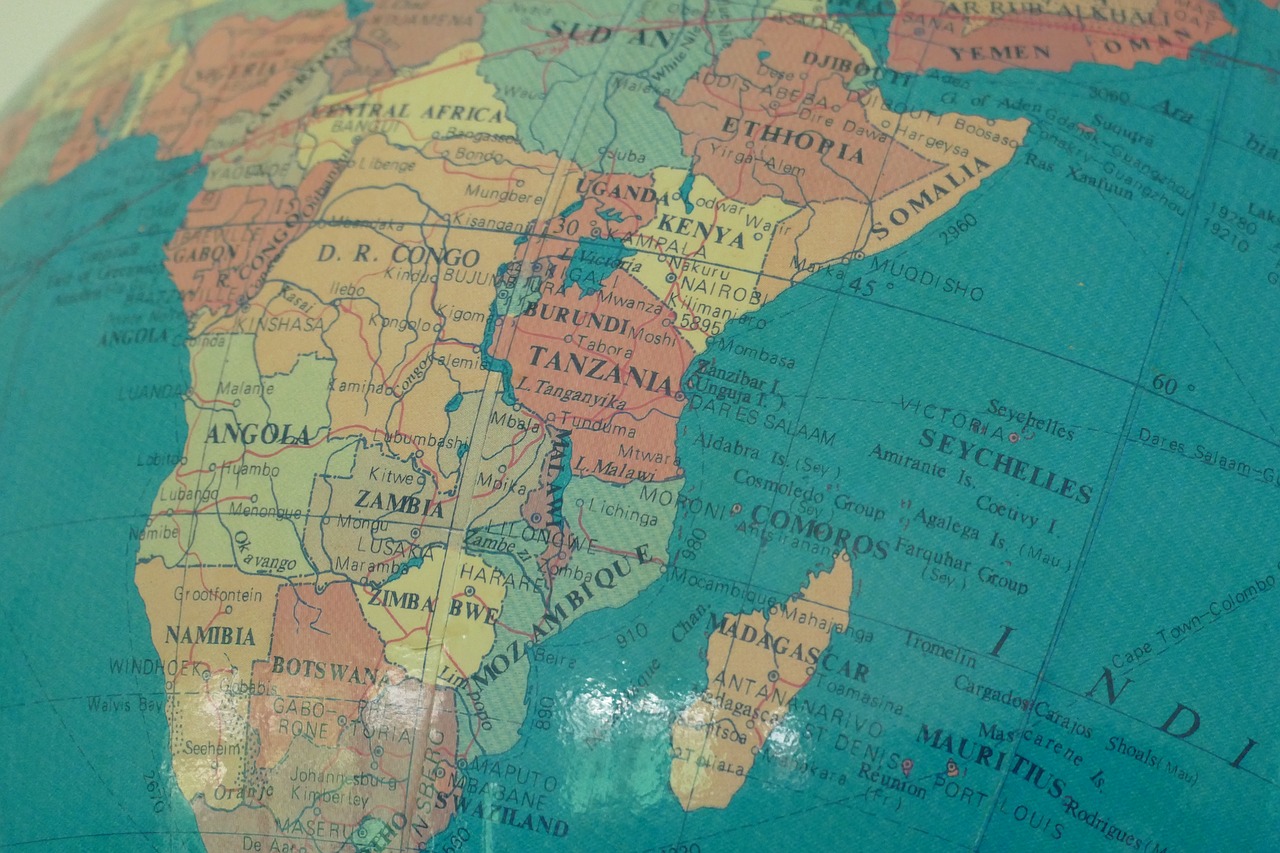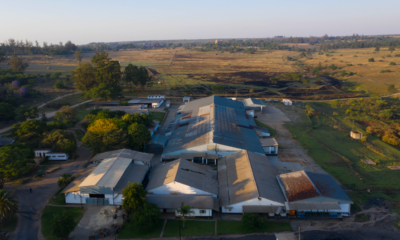It is no longer a secret that the continent with the highest potential for cryptocurrency firms and services is Africa. It is remarkable how many new tech start-up centres have recently emerged in African cities, from Lagos in the west and Nairobi in the east to Agadir in the north.
Fintech startups can carve out a niche on the continent, where the problem of unbanked people is an urgent one. Humaniq is one such promising project that it is worth paying attention to. The London-based FinTech firm released an application for unbanked last year, which is now available in five African countries, including Tanzania.
The Humaniq app can be used on low-end mobile devices and, thanks to peer-to-peer transactions and referral programme, it is connecting people who do not have access to traditional banking services while not supplanting the latter. A hundred thousand downloads of the Humaniq App in Android is an excellent illustration of Africa’s enthusiastic uptake of technology. In 2018, the company has plans to build on this and achieve one million users.
There is a reason why Tanzania is under Humaniq’s spotlight. At this point in time, the East African nation has a number of challenges that need to be overcome in order to achieve full and meaningful financial inclusion necessary for everybody to participate in the 21st Century economy. This is why Tanzania represents a good target for blockchain startups.
Make hay while the sun shines
According to the National Financial Inclusion Framework (NFIF), Tanzania’s economy is gaining more and more momentum. It is making remarkable progress in expanding opportunities for people to access and use financial services to reach the goal of economic inclusion. Humaniq proposes a shift of emphasis to achieve this: from access to usage. It is only when people and businesses derive value from financial services that they will use them regularly as a matter of choice. A responsive, deeper and sustainable financial sector is one that offers a choice for individuals, households and enterprises and can make a meaningful contribution to economic growth, Humaniq’s team believes.
The uptake of traditional financial services for transactions reached 65 percent in 2017 compared to less than 58 percent four years prior. Accessibility, measured by the proportion of the population living within five kilometres from locations where financial services are provided, has grown from 45 percent to 86 percent nationally and is already at an impressive 78 percent on average for those living in rural areas.
The growth in active mobile wallets has reached over 21 million (75 percent of the Tanzania’s adult population) while those actively using mobile financial services now stands at 16.6 million as reported by FinScope Tanzania 2017. Some of the inhabitants even have more than two mobiles per family, and 14 percent of those who have ever used a phone run their own business from the device.
Despite all these achievements, the level of financial exclusion is still high at 28 percent of the population. And this figure includes disproportionate numbers of people who live in rural areas, smallholder farmers, young people and women. It has also been observed that there is a big gap between the demand and supply of financial services in the market, whereby the majority of products do not meet users’ needs. However, such figures mean for Humaniq a promising user base and a ‘blue ocean’ for thousands of new projects to thrive, bringing ideas that can overcome the economic problems that Tanzanians face.
So what are the problems that continue to act as a brake on the progress of the nation’s citizens that make it impossible for every Tanzanian to enjoy the goods and services that are available to many others in the world?
Humaniq knows where to start
First and foremost Tanzanians do not have consistent sources of income. Typical microfinance clients have low incomes ($1.25 a day) and are often self-employed in the informal economy. These conditions together tend to deny them access to banks and other formal financial institutions. They commonly run small stores or street stalls, create and sell items they make in their homes. In rural areas, they are often microfinance clients who may be small-scale farmers and people who process or trade crops and goods.
Humaniq, for its part, enables a peer-to-peer economy. It allows banking services to be offered everywhere, including to people in areas that are not served by traditional banks, and so are able to enjoy the 21st Century economy’s opportunities. It also opens up the possibility to address the problem of unemployment, as people could directly find each other, and send money to, and receive it from, other people. This way of providing financial services is not only more democratic and accessible, it also offers better security, because there is no central server for hackers to attack, and the information on transactions cannot be tampered with.
Secondly, what cannot be ignored is the fact that a low level of general literacy and numeracy leads to a low level of financial literacy among the general population and business owners, including a lack of knowledge about financial services, institutions and the Internet.
Humaniq’s team has prepared for such a challenging scenario: through the Humaniq app Tanzanians will have the opportunity to take a course in financial literacy and to take part in a number of simulation games, after which they will be rewarded in HMQ, the Humaniq token. Every new user receives $20 worth of HMQ in their account related to these interactions with the app, the value of which bears no relation to their local currency.
Thirdly, in Tanzania, it is very difficult to obtain credit from financial institutions. One cannot avoid high-interest rates, collateral and travelling long distances to and from banks – as much as 20 to 30 km in one day. The process of taking a large loan is complicated by the fact the numerous difficulties in the registration of land ownership, frustrating the receiving of large loans from banks. Only 3 percent of citizens own land. According to VICOBA’s data, the registration of land costs as much as $100 – $ 250. Such sums of money are too high for local farmers. As a result, 44 percent of Tanzanians (12 million adults) took a loan in 2017 but the vast majority, 69 percent of them (8 million), borrowed from friends and relatives, not from traditional banks.
Humaniq facilitates and formalises the process of taking out a peer-to-peer loan. Now, thanks to the power of these people-powered transactions, one can lend and borrow more easily and quickly than before, and without relying on the financial industry and its fee-charging field representatives. And in addition, users gain HMQ cryptocurrency simply for recommending friends and making transactions.
Humaniq’s ambassadors in Tanzania pursue social, humanitarian and commercial objectives, giving isolated people the chance to improve their lives for the better and to improve their prospects in the country.

 Features3 years ago
Features3 years ago
 Bitcoin2 years ago
Bitcoin2 years ago
 Features3 years ago
Features3 years ago
 Features3 years ago
Features3 years ago
 Features3 years ago
Features3 years ago
 Features3 years ago
Features3 years ago
 Features8 months ago
Features8 months ago
 Bitcoin10 months ago
Bitcoin10 months ago




















 Central African Republic (CAR) has set up a 15-member committee that will be responsible for developing a bill on the use of cryptocurrencies and tokenization in the region.
Central African Republic (CAR) has set up a 15-member committee that will be responsible for developing a bill on the use of cryptocurrencies and tokenization in the region.
